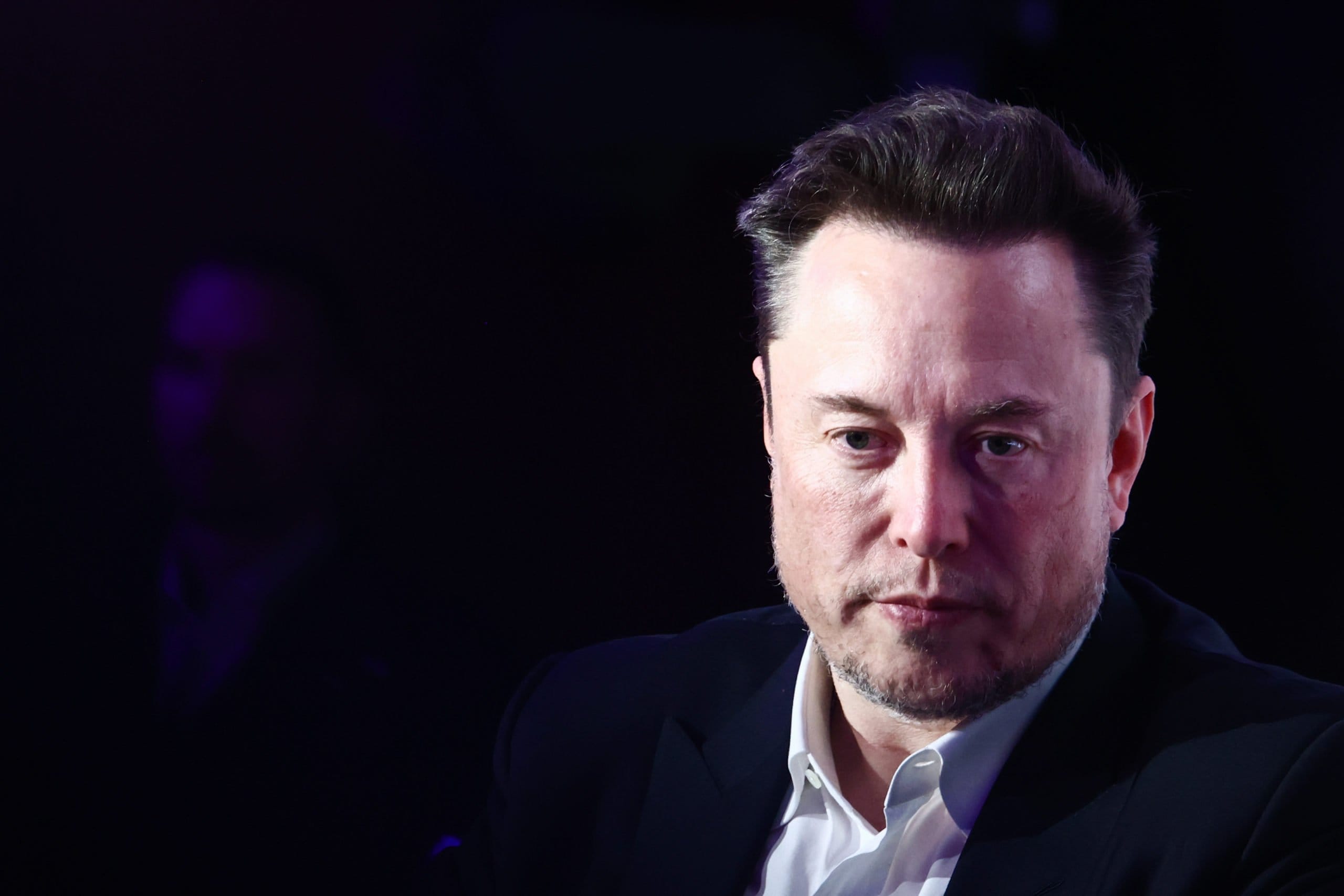
Elon Musk was one of the first donors to OpenAI. However, he never benefited financially from the company's success. Annoyed, Musk is suing the AI star for the second time. Now he is making new allegations – things could get serious this time, and not just for OpenAI.
Tech billionaire Elon Musk is continuing to escalate his dispute with OpenAI – and is now putting CEO Sam Altman's company under a lot of pressure in court.
Elon Musk was one of the co-founders and first financiers of OpenAI. He donated a little less than $45 million to found the startup from 2015 to 2017, according to OpenAI. According to the original intention of the founders, OpenAI should work for the good of humanity and not for the profits of investors. Back then, Musk didn't get any shares for his money.
Since the capital requirement for AI training turned out to be significantly higher than originally expected, Sam Altman founded a subsidiary under the same name in 2019 – and financed it through a partnership with Microsoft. The OpenAI subsidiary of the same name is very profit-oriented and is now valued at over 157 billion dollars, higher than DAX giants such as Siemens or Deutsche Telekom.
Read too
Multiple Musk lawsuits against OpenAI
Altmann rejected Musk's suggestion that the for-profit subsidiary be brought under the umbrella of Tesla and financed through it. OpenAI published corresponding emails in March. Musk then founded his own AI laboratory “X.AI”, which, however, is not nearly as successful as OpenAI with ChatGPT. Accordingly, Musk is upset that he has no financial stake in OpenAI's success – and has been filing lawsuits against the company in US courts since the beginning of the year.
He filed his first lawsuit in February. Subject: Musk accused the AI startup and two of its founders, Altman and Greg Brockman, of violating OpenAI's founding agreement because by founding the subsidiary they would put commercial interests ahead of the company's original purpose.
According to Musk's lawsuit, the billion-dollar partnership with Microsoft breaks the founding promise to develop AI for the benefit of all and to publish it as open source software.
In June, Musk's lawyers surprisingly withdrew the lawsuit, but that didn't end the case. On the contrary: At the beginning of August, Musk filed another lawsuit, this time with much more specific allegations: Musk's lawyers argue that OpenAI violated US federal laws to combat organized crime by Altman and Microsoft conspiring against Musk in order to obtain Musk's financial participation to prevent the success of the subsidiary. “The previous lawsuit had no teeth – and I don’t believe in the tooth fairy,” Musk’s lawyer Marc Toberoff said in an interview.
Musk is now trying antitrust law
Now the lawyers are giving the lawsuit even more bite: In an addendum, Musk is now also suing for antitrust violations and is adding Microsoft to the ranks of defendants. The accusation: Microsoft negotiated a “de facto merger” between OpenAI and Microsoft through its manager Dee Templeton on the OpenAI supervisory board and agreed to exchange confidential information. This constitutes a violation of antitrust law.
In addition, the lawsuit further claims, OpenAI would “actively attempt to eliminate competitors like X.AI” by forcing investors to promise not to finance the competition. Furthermore, OpenAI benefited unfairly from the partnership with Microsoft and received favorable access to its computing power, infrastructure and expertise. “X.AI was harmed by, among other things, its inability to obtain computing power from Microsoft on terms nearly as favorable as OpenAI,” the lawsuit states.
Read too
OpenAI initially did not comment on the allegations again, referring to the publication in March. Microsoft and OpenAI must now take the lawsuit much more seriously than the initiative in the spring – also because Musk will have significantly more influence in the newly elected US government under soon-to-be President Donald Trump than before.
In the USA, the supervision of antitrust laws is directly under the jurisdiction of the Justice Department – which can decide whether to open corresponding proceedings against US companies. If a Trump Justice Department follows Musk's argument, OpenAI and Microsoft would have a real problem and may be more willing to provide Musk with financial compensation or involvement in reaching a settlement.
This article first appeared on Welt, here is the original.
Source: https://www.businessinsider.de/gruenderszene/technologie/musk-versus-altman-elon-musks-neuste-klage-koennte-nicht-nur-openai-gefaehrlich-werden/




